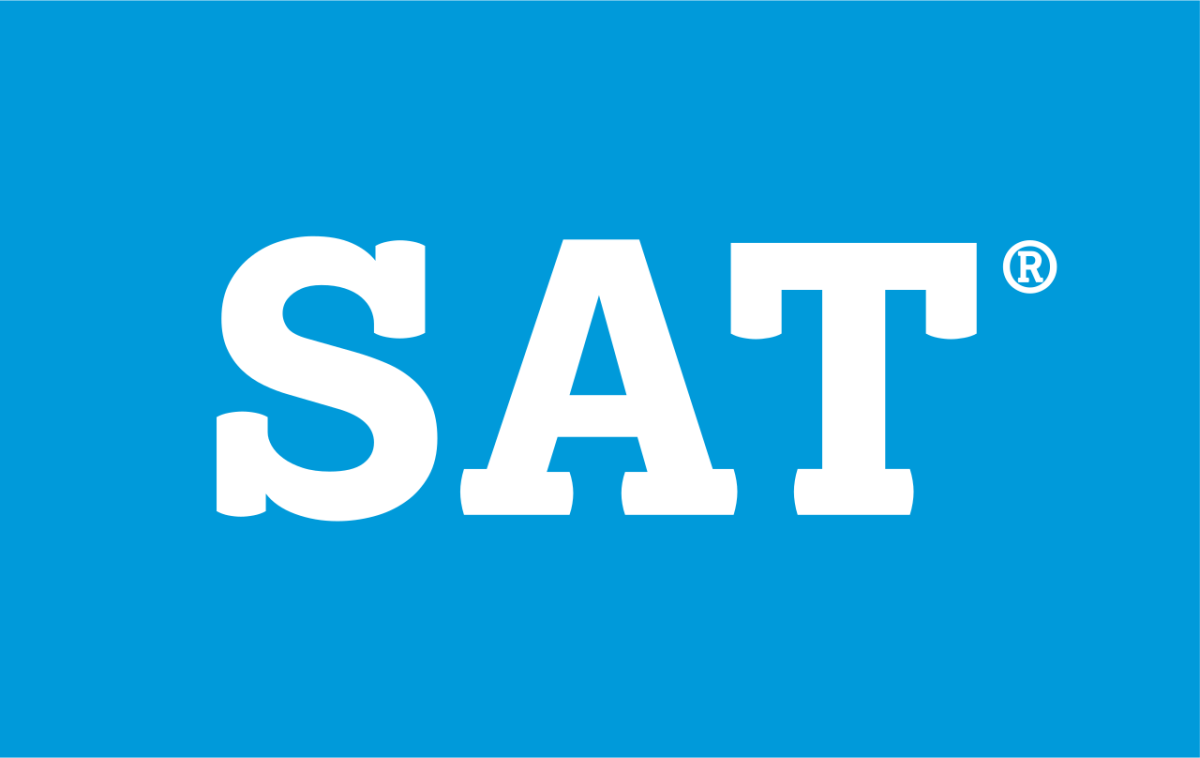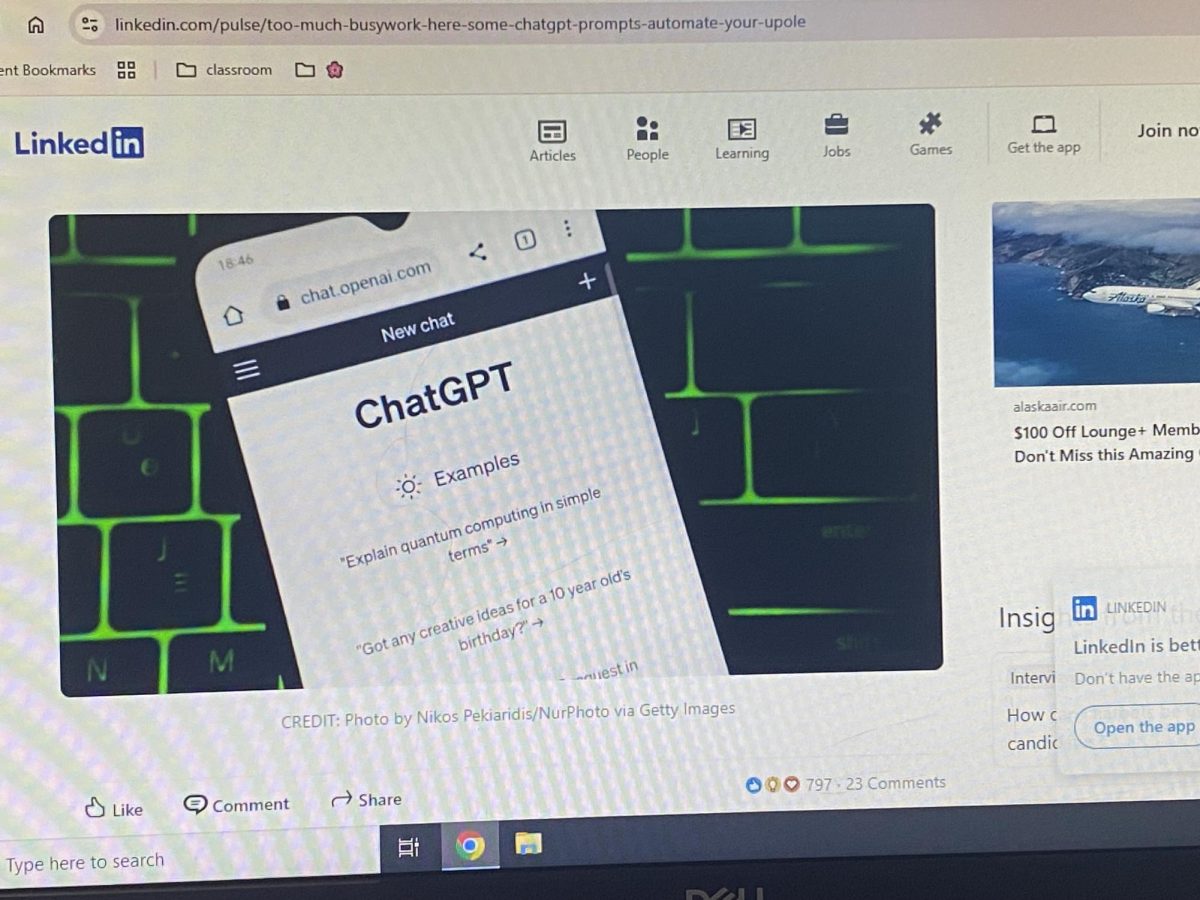With two SATs left in the fall semester, students who want to receive and submit their scores before 2024 will need to begin preparing. The next SAT will be held on Nov. 4 for students who signed up to take it. Adding a major test to an already busy school and homework schedule can cause students to stress and stretch to the breaking point. However, there are a few ways to prepare if you want to set yourself up for success.
Work to Increase Your Reading Speed
The SAT is a timed test, lasting three hours and fifteen minutes. Within this timeframe, students have to answer 52 Reading multiple-choice questions, 44 Writing and Language multiple-choice questions, and 58 Math multiple-choice questions. While three hours may seem like a lot of time to finish these questions, students often still struggle to finish within the time provided.
One way to handle this is to increase your reading speed. Increasing your reading speed shortens the time that you need to read and comprehend the test. This gives you more time to think through and answer the questions. To increase your reading speed, it is important to make an effort to read on a daily basis before taking the test. Reading speed is not something you can increase overnight, but given time, it can make a difference. If you want to learn more about how to increase your reading speed, check out “How Can I Learn to Read Faster.”
Be Neat
Though it may not seem important, staying organized while studying and while taking the SAT can drastically improve your SAT experience. Organization can range from studying each section before the test to creating a brain dump the morning of the test. You might try color-coding your notes or summarizing larger topics. Being organized can also reduce the time needed for studying by allowing you to spend less time searching for materials or the correct answer.
Create a Study Schedule
It is important to maximize your time when studying for the SAT. In addition to helping you stay organized while studying, a schedule also helps with time management and prioritizing what sections of the test you want to work on the most. This is why it is a good idea to create a study schedule that includes each section of the test. You could dedicate an hour a day to each section of the test, study all of the sections each day for shorter amounts of time, or only study the section you need help on for longer than an hour.
When preparing for the SAT, it is recommended to have a total of at least 6-20 hours of study time before the test. By creating a schedule, you are making sure that you actually stick to studying and not give up halfway through. In addition, by devoting scheduled time to the SAT, you ensure that you are familiar with the format of the questions as well as the material itself.
If you need more help creating a schedule that works for you check out Organizing Your Schoolwork – Teens Health, which goes into more detail about the organization steps and creating an effective schedule.
Study With SAT Provided Materials
The College Board Website provides practice tests and other study materials to help students prepare for the SAT Many previous test takers find these resources to be extremely helpful. You can either take the test online, or download and print it out. In both cases, College Board will give feedback on what your strengths and weaknesses are, which can be helpful when deciding what to focus on.
If you want to focus on a specific section of the test, College Board has specific practice tests. Some tests focus only on sections, such as math without a calculator, while others have three or four questions from each section.
Form a Study Group
While studying for the SAT is extremely helpful, it can be boring to only study by yourself, so some find it helpful to study with a group as it allows for more practice opportunities and can help keep you, and those you study with, accountable. For example, you might try quizzing one another or taking turns reading aloud to give your mind a break. Studying with a group also provides interpersonal interaction, making the study session more enjoyable.
Other benefits of studying in a group can be seen in 10 Benefits of a Study Group, which describes how interacting with others can improve your understanding of the material.
Practice Quick Math Without a Calculator
One of the sections in the SAT is math without a calculator, something that can be extremely difficult for many students. One way to ease the stress about this section is by practicing your quick math skills. Start simple with addition and subtraction, slowly making your way up to larger numbers with multiplication and division. It is also a good idea to brush up on the fundamentals of Algebra, Geometry, and Statistics. When studying these math skills, make sure that you can complete basic problems without a calculator.
If you need more help with quick math, try Prodigy’s 9 Ways to Improve Math Skills. This article suggests using games to help better your understanding of the basic concepts of math, consistently using math in your daily life, and many more ways to get better at math without a calculator. Doing simple things like counting your change or calculating a tip for your meal can also help.
Buy a Prep Book
When studying, it is important to get a variety of materials. One option for studying for the SATs is a prep book.. If you go on Amazon or another online store like it, you can find prep books and other materials ranging from $10-$40. They have questions similar to the SAT and have a variety of examples to pick and choose from. Some prep books also have full practice tests that you can take to practice all of the test-taking skills and get used to the time limits. One specific book you can buy is SAT Prep Book – The Princeton Review, which goes into details about how the test will be laid out and what type of questions to look out for.
Talk to FCHS Testing Coordinator Angie Blevins
If you are still worried about taking the SAT, then it would be best to talk to Angie Blevins. As the Secondary Testing Coordinator, she can help you find even more ways to better prepare yourself for this important test. She can help you with the basics of the test or simply help you find your testing room. Email Blevins at [email protected] or call her at (434) 510-1929.
Pace Yourself
In order to be successful on the SATs, it is important to pace yourself. The SAT consists of five sections and each section has to be answered in the given amount of time. Since wrong answers do not take away from your score, it is important to answer every question. This can seem daunting, especially when faced with a section that you are not confident about.
If you are struggling with a section, then it is a good idea to research how many questions will be on the section and what the time limit is. Then you can decide how much time you want to devote to each question. After finishing your section, quickly look over the section and take a small break with the remaining amount of time. The SAT directors do not allow students to go on to other sections despite being finished with the first section, so use your time wisely. If you have remaining time, it is a good idea to double-check all your answers and make sure that you have answered all the questions.
Sleep Well Before the SAT
While it may seem like a good idea at the time, cramming the night before the SAT is not beneficial. The best plan is to get at least eight hours of sleep and rest before taking the test. This ensures that you are awake during the test and that your brain is functioning at its highest capacity. The worst thing to do during a timed test is to fall asleep and fail to answer questions that you prepared for because you were tired. Check out The Benefits of Sleep from News in Health to learn more about why sleep is imperative to getting a good score on your SATs.
Preparing for your SATs can be a very stressful time for students but these ten tips can make it easier and less stressful.. If you need more help preparing, check out practices created by Khan Academy and College Board. If you have taken previous SATs or PSATs, you can transfer the test information from College Board to Khan Academy. Khan Academy will then create a personalized learning plan that focuses on your areas of struggle. The next SATs offered are on Nov. 4, Dec. 2, and later, March 9.







